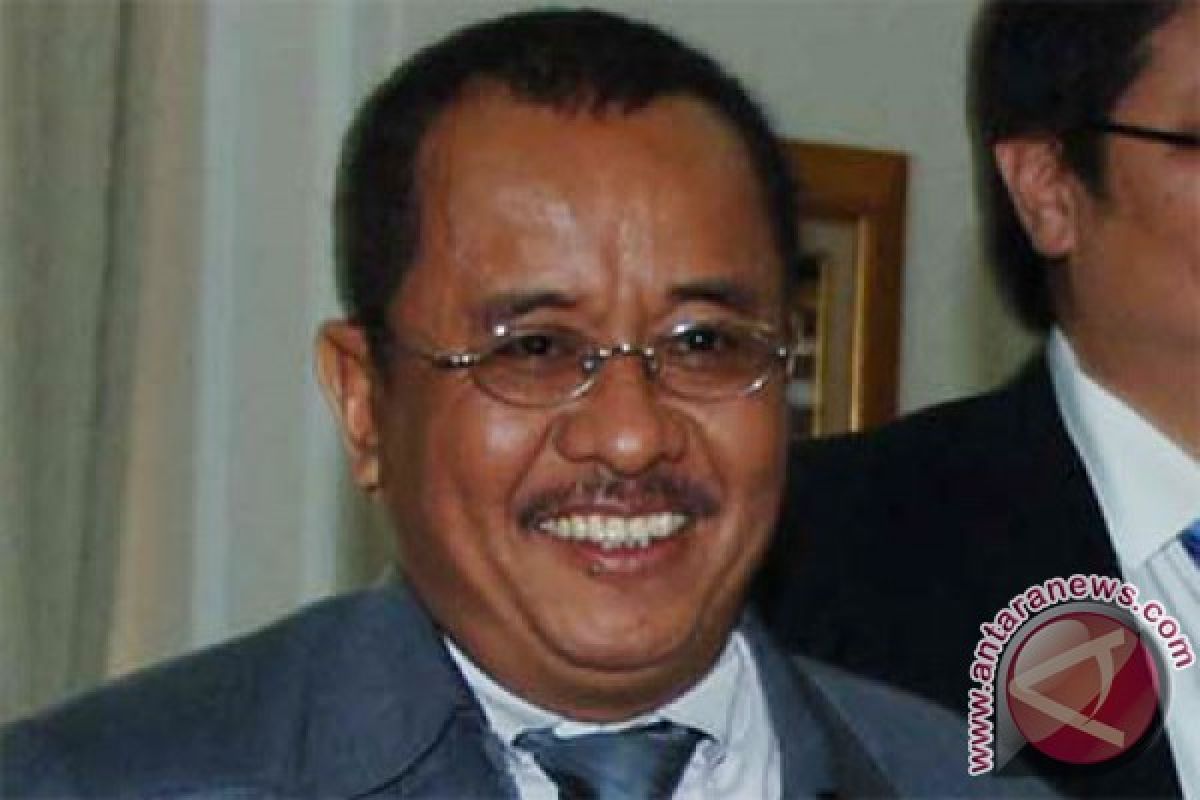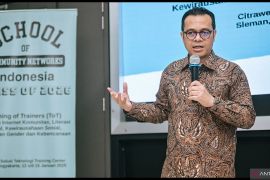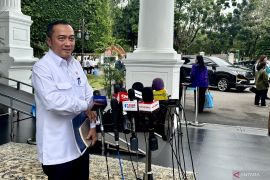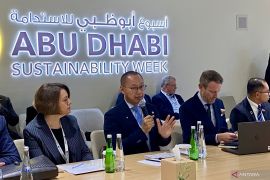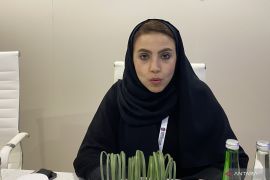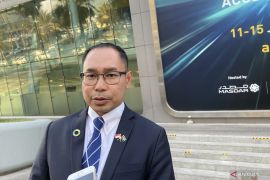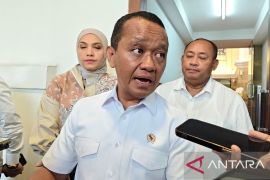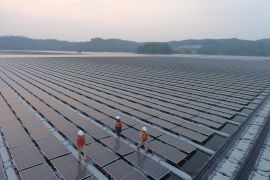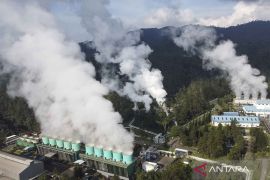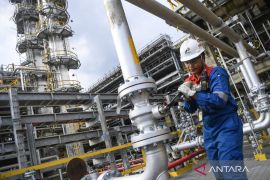"It should not happen that populist politics is used in adopting a policy in the energy sector since it would be detrimental in the long run," Didu noted at a year-end seminar titled "Energy Resilience Under Threat" here on Monday.
He believes that if politics is used as a decisive factor in the energy policy, one cannot expect to achieve energy resilience or energy sovereignty.
Didu elaborated on the need to look at the demand and supply aspect in terms of how much is its quantity, who is the operator, and how is the operator`s financial condition.
Based on several studies, he believes that by 2050, Indonesia will be rated fourth among the world`s biggest energy consumer countries.
Hence, empowerment and utilization of the energy sector should not become the subject of economic incomes, but it should boost the national economic growth.
"One should forget the ideal of achieving energy sovereignty if the energy sector is used to make the objectives the subjective interest," he pointed out.
Didu is keen that the government becomes consistent in implementing energy-related policies and not only be based on populist matters.
Executive Director of Indonesian Resources Studies Marwan Batubara remarked that political imaging can result in state-owned enterprises in the oil sector losing, as they have to miss out on the budget for subsidies provided to prevent the fuel price from rising.
State-owned oil firm PT Pertamina had earlier encouraged the optimized utilization of local energy sources to achieve national energy security and independence.
"We want to invite all parties to review the wealth that is already available in Indonesia and exchange ideas to optimize it to become an energy source to achieve the ideals of national energy independence and resilience," PT Pertamina Managing Director Nicke Widyawati stated at the opening of the Pertamina Energy 2018 Forum in Jakarta last month (Nov 28).
According to Widyawati, Pertamina had realized that energy demand will continue to increase annually. Indonesia is expected to develop further, and the population recorded would increase by some 1.24 percent per year.
The economy also grew 5.2 to 5.3 percent in 2019. Along with the increase, Pertamina has estimated that energy demand will continue to increase.
Energy demand from the electricity sector is projected to increase 8.15 percent annually until 2030, while the growth in energy demand from the transportation sector is projected to be some 3.43 percent per year.
The Indonesian government has an aggressive plan in place to build infrastructure during the period from 2015 to 2019. The plan includes the construction of 2,600 kilometers (km) of new roads, one thousand km of toll roads, 15 airfields, 24 ports, and 3,258 km of new railroads.
All this development will encourage massive mobilization of people and goods, which in turn will encourage increased energy needs in future.
Reporting by M Razi Rahman, Andi Abdussalam
Reporter: Antara
Editor: Fardah Assegaf
Copyright © ANTARA 2018
